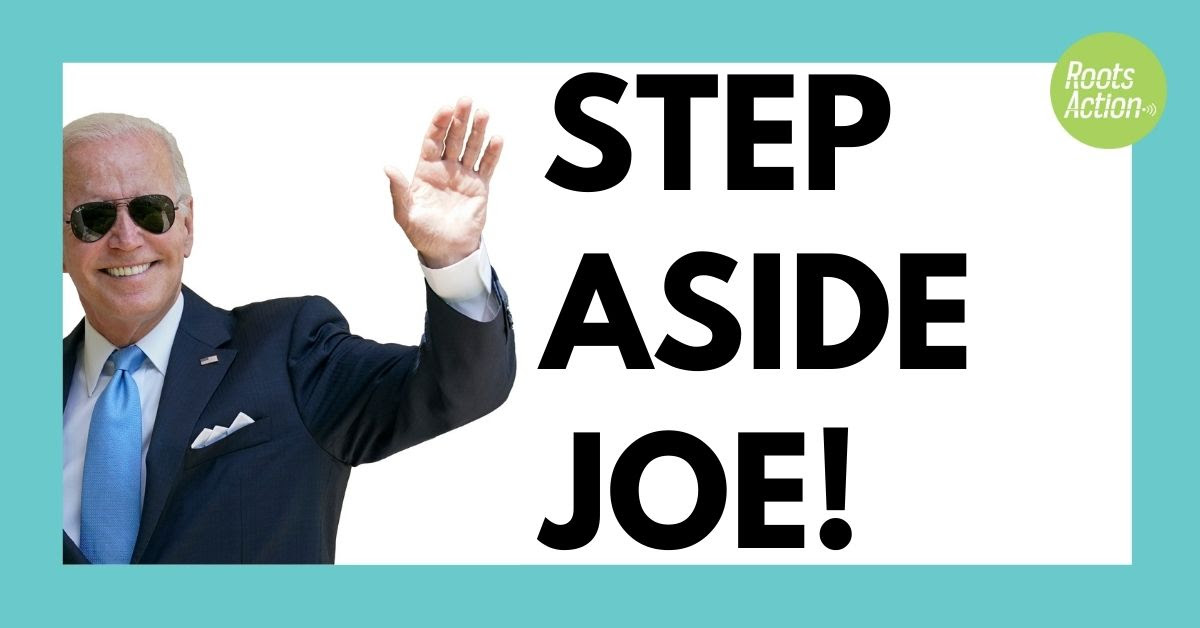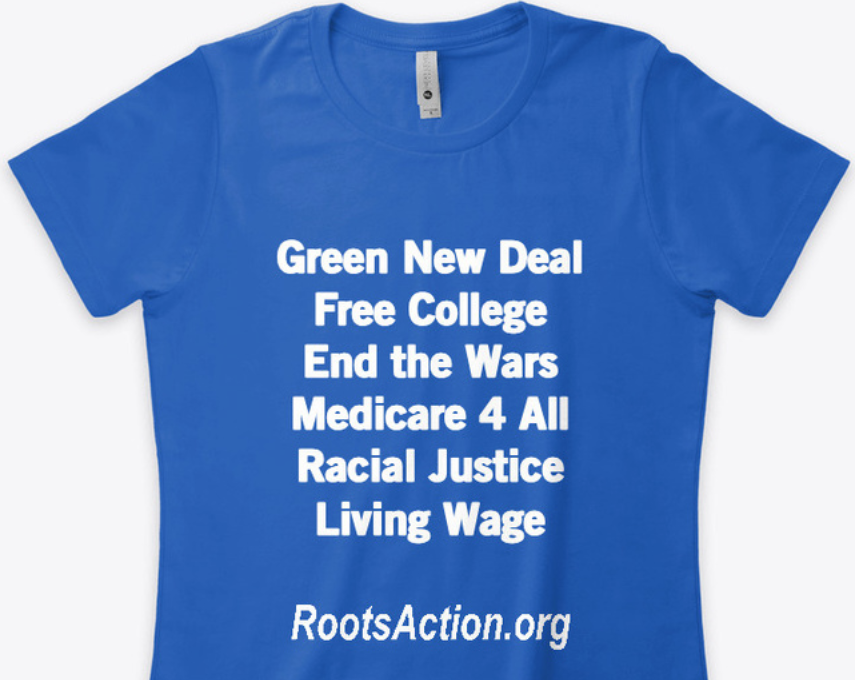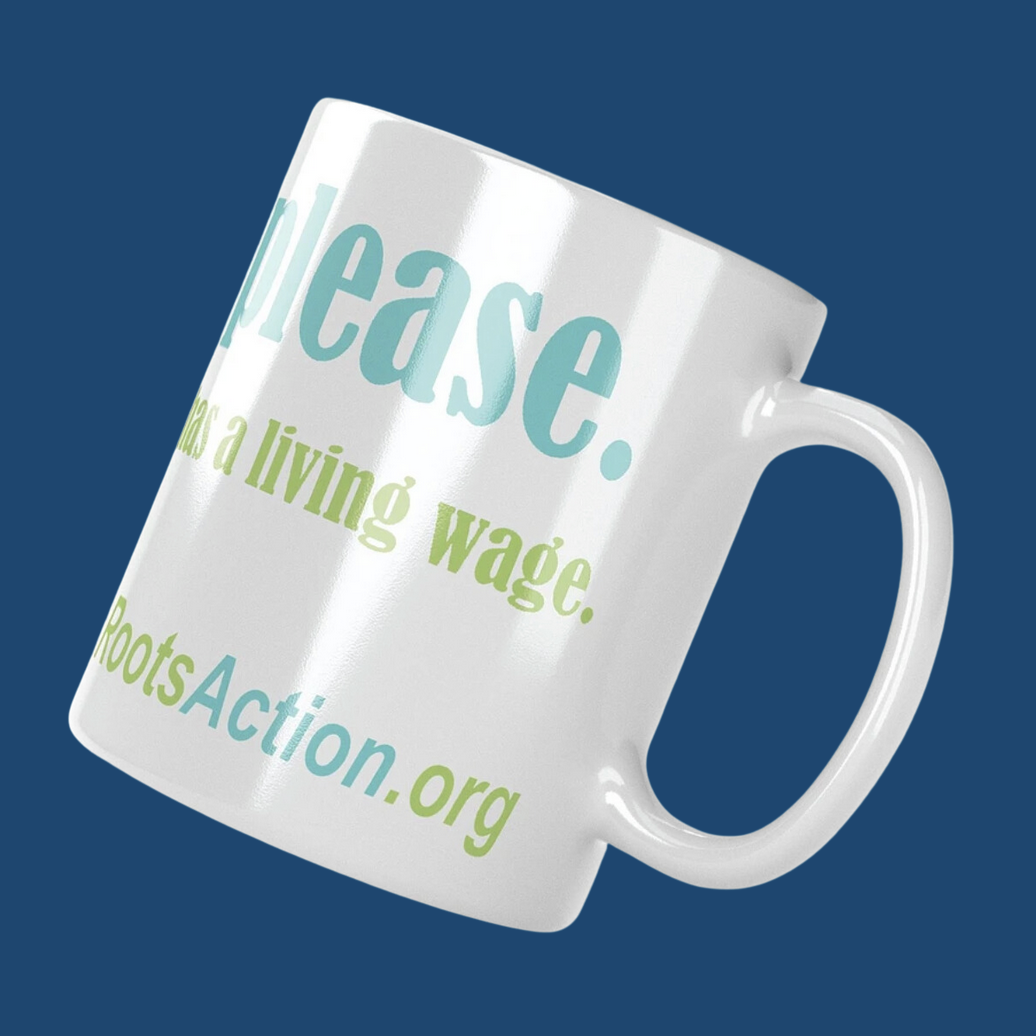At this point, the coronavirus consumes my every thought. The COVID-19 pandemic spins like a lawnmower inside my head, cutting down anything else that might come to mind other than my intense, intentional focus on the love of friends and family.
How bad will it get? How will we fail? Who will die because we were not ready and aren’t doing enough?
But another political thought has recently entered my mind. It is a Bernie Sanders presidency — not one that starts in 2021, but one that could have started in 2017. Without Bernie, we now face a bust, a potential break in our society so powerful and traumatic that our national future is uncertain in a rare, once-in-a-lifetime kind of way. So in the back of my brain, a tiny voice is mournfully asking, “What if Bernie were already president?”
Would we have Medicare for All, or at least Medicare Almost, some compromised version of the Vermont senator’s signature health care policy? I’m certainly not wise enough to speculate on how close Sanders might’ve gotten to the universal coverage he was (and still is) seeking. But I have to wonder if he might’ve been able to spare people the bank-breaking insurance fees that are expected by experts and have been reported by people seeking treatment.
As a University of Michigan doctor told Up North Live this week, the cost of treatment will likely depend on coverage provided by insurance companies, the for-profit industry Sanders wants to make obsolete. But instead of being replaced by the single-payer system Sanders has championed, some fear insurance may be about to get much more expensive; a report from California’s Obamacare marketplace warned that insurance premiums could increase or even spike next year as the insurance industry takes a hit after what had recently been soaring profits.
Were Sanders in the White House right now, his administration might have made enough progress on health care to help ensure that those who get sick with COVID-19 wouldn't have to worry about personally paying for treatment. But instead we have Vice President Mike Pence meeting with insurance company bigwigs and getting a commitment that only testing, not treatment, will be free.
Sanders has also been critical of major drug companies (aka Big Pharma) in his last campaign and this one. If he were president right now, would Gilead Sciences — a Big Pharma heavyweight — be poised to have exclusive rights to distribute an antiviral treatment in the midst of a medical crisis? Would I even have a chance to be dispirited by reports that the company’s stock price is rising on the news that the drug is being used to treat COVID-19 patients, a fact that darkly illustrates the direct link between human life and profit that undergirds our entire health care system?
It’s impossible for me to say where we might stand on the dire health care issues of testing and hospital capacity if Sanders had been sworn in on January 20, 2017. But I feel confident that a Sanders presidency would have drastically shifted how much the horrifying economic impacts of this pandemic hit the working class, the service and gig workers I’m friends with, and the people right now worried about paying rent.
Right now, the messaging from President Donald Trump is that, against the best advice of public health experts, the economy may be reopened because “we cannot let the cure be worse than the problem.” The White House and its allies have made it clear that they’re willing to let people die for the sake of the stock market.
Does anyone expect me to believe that a hypothetical President Sanders would act this way? That he would host a Rose Garden press conference with CEOs of some of the nation’s biggest corporations, prompting a temporary rebound in falling stock prices? No, because Sanders’s 2020 campaign has given us a taste of what we could’ve had were he president, with his regular livestreams featuring public health professionals, union presidents and labor activists, and congresswomen Alexandria Ocasio-Cortez, Ilhan Omar, and Rashida Tlaib.
The White House’s focus on big business as usual is echoed in Senate Republicans’ recent push for what critics called a corporate slush fund to bail out huge companies. That $500 billion fund still appears to be part of a compromise GOP senators have now reached with their Democratic colleagues but will now at least include crucial oversight measures. (The House is expected to vote on the bill Friday.)
And even as I was working on this piece, I was served another sign about what a President Sanders might’ve been focused on as Sanders was doing his job in the Senate. After a group of Republican senators threatened to block the coronavirus relief package because of concerns that the unemployment benefits it provided were too generous, Sanders responded with his own threat to impede the legislation unless the $500 billion “corporate welfare fund” imposed stricter conditions for big companies. The Vermont senator showed he was ready to fight fire with fire.
And then, last night on the Senate floor, he delivered a blistering rebuke of his Republican colleagues who were so eager to make sure no one got a raise amid a crisis, questioning what kind of values system produces those concerns.
See the video on YouTube.
All of this is just twisting the knife of the 2020 campaign, which has recently seen Sanders act as a public resource on the pandemic, turning his famously powerful grassroots donor network into a source of millions of dollars of support for crucial aid efforts. Sanders is currently about 300 delegates behind Joe Biden, who is still nearly 800 delegates away from clinching the Democratic nomination. Mathematically, it’s not impossible that Sanders could still win, but it’s difficult to see his path forward. And even if the coronavirus changes minds about the vitality of his key proposals, the future of this election itself is unclear as the pandemic makes gatherings where everyone touches the same equipment into potentially deadly transmission hotspots.
Frankly, it’s devastating to watch all this unfold. So long dismissed as pie-in-the-sky, the policies Sanders advocates for are being proved essential as the sky is falling. But still, we’re unlikely to see them enacted, no matter how many lives they might save, because they remain at odds with the systems run by powerful people desperate to hold on to their standing.
When Sanders came to the Teen Vogue offices last summer for an interview, not everything he said made it into what we published. One of those things that has always stuck with me was a comment about the neighborhood our offices are in, Manhattan’s financial district, home to Wall Street.
“I think the younger generation today is probably the most progressive young generation in the history of this country,” Sanders answered when I asked how our moment compared to the revolutionary zeal of the 1960s. “I think the difference now is, not only are we engaged in all of those fights — against racism, against sexism, the need for immigration reform, and against xenophobia — but there is another area which our campaign is about, and that is trying to tie all of these movements together and to talk about something that is not much talked about in Congress or not much talked about in the media.”
“And that is a difficult issue, especially as I look around at these buildings here,” he said, gesturing to the skyscrapers out the conference room window. “That is the fact that we are becoming an oligarchy.”
“You know what I mean by that?” he asked. “It means that, at the end of the day, we have a small number of incredibly wealthy people who have extraordinary influence over the economic and political life of this country. That’s the simple reality.”
Having national politicians like Sanders say things like this matters because whether or not he’s ever president, he is an essential break from the political consensus. He has demonstrated ideological boldness and activated the young voters who do vote, helping to carry forward the leftward shift in U.S. politics. Whether or not his campaigns in 2016 and 2020 made unforced errors is up for debate; the fact that he is one of the most significant national politicians of our time is not.
Bernie’s legacy will always include the people he’s inspired, the progressive policies he’s championed, and the movement that came together to support him. Whatever happens in the 2020 election, Senator Sanders will keep fighting. So must we all, now more than ever.
Published by Teen Vogue.










